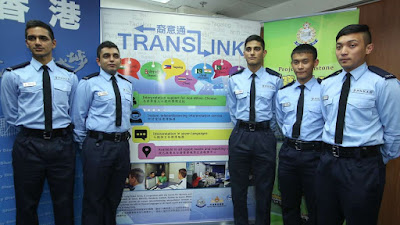22 January 2017 (Sunday) – online
Dr Lisa Lim, Associate Professor in the School of English, explains the symbolic role that language plays in the feasting that accompanies Lunar New Year in her fortnightly Post Magazine column: Language Matters.
“At numerous family meals – tyìn nìn faahn 團年飯, “reunion meal (on the Eve)”, and hoī nìn faahn 開年飯, “start of New Year (family) meal” – an even number of dishes are served, baat, “eight”, being the most auspicious as a near homophone – words with different forms but the same pronunciation – with faat,“to become wealthy”. The most Cantonese of dishes combines faat chòi, “black/hair moss”, sounding like faat chòi, “to become rich” (the latter found in the New Year greeting gūng héi faat chòi), with hòu sí, “dried oysters”, resembling hóu síh, “good business”, or hóu sih, “good things”. Another popular dish is filled tong yún , “glutinous rice balls”, homophonous with tyùn yùn, “to be reunited”."
Please click on the following link for the complete article:
http://www.scmp.com/magazines/post-magazine/short-reads/article/2063589/how-language-dictates-menu-our-lunar-new-year
Source: SCMP

























